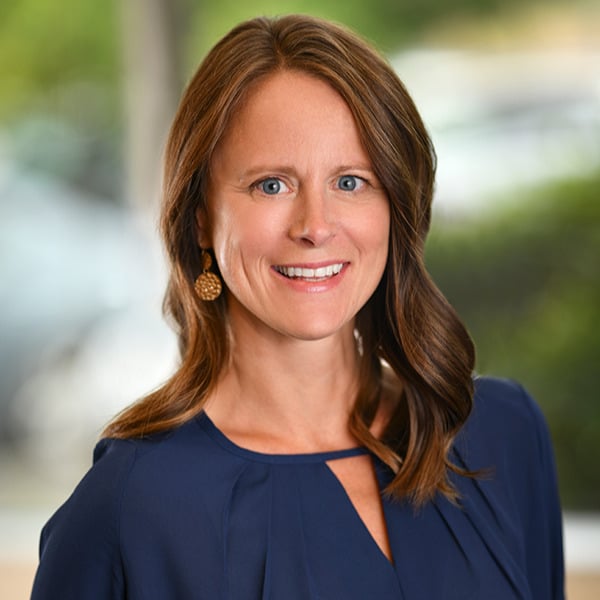Mental Health in the Workplace

Lately I’ve been reading a variety of studies and articles on the effects of mental health in the workplace and how it leads to employee absenteeism, and more importantly, employee presenteeism. According to the World Health Organization, there can be as many as 27 lost work days per year for depression (9 of them because of sick days or other time taken out of work, and another 18 reflecting lost productivity).
We see these same mental health concerns across our book of business, with our counselors identifying secondary concerns of depression, anxiety and stress across 36 percent of EAP cases in 2017.
Not only are employees with depression working at a lower productivity level, thus impacting their co-workers and teams, but if the depression is severe enough, it can lead to a lengthy leave of absence. Depression is the leading cause of disability claims worldwide, according the World Health Organization.
As you consider well being topics to highlight with employees this year,
depression and other mental health disorders and their effects on the workplace should be at the top of the list.
Recognizing an employee suffering from a mental health disorder can be difficult, especially given the absence of physical or visual symptoms. In most cases you might not notice a concern until an employee exhibits problems focusing and their productivity starts to suffer. If you do spot signs early, you may be able to help an employee seek support and avoid disability leave.
What Employers Can Do
Your Employee Assistance Program (EAP) is available to help answer your workplace questions and help mitigate mental health concerns within your organization. By working with an EAP consultant, you can discuss common signs of mental health disorders, such as:
- Increasing frequency of sick days
- Procrastination or loss of focus and motivation
- Fatigue or tiredness
- Difficulties with memory or learning new things
- Changes to the start and end times of the work day
- Changes in social behavior in the workplace
In addition, a consultant can work with you around how to approach an employee struggling with depression or other mental health conditions as well as best practices to refer an employee to the EAP for assessment and referral.
- When addressing work related challenges, approach the situation with empathy. Suggest EAP as a supportive service to ensure the employee is feeling and performing at their best.
- Highlight the free, confidential nature of the program. Free telephone or face-to-face counseling sessions are available and conversations with a counselor are completely confidential.
- Avoid diagnosing the employee’s problems or talking in detail with the employee about personal issues. Stay focused on the issues relevant to work and help determine accommodations the employee may need to seek out resources. In the present, this could mean adjusting the employee’s schedule to attend appointments or making adjustments to their workload.
- Remove stigma related to mental health disorders. Be open and accepting around mental health issues. The benefits of creating an open, understanding and positive culture of well being can go a long way with employees and their health.
- Use the EAP manager and supervisor support. As a part of your EAP benefit, managers and supervisors have unlimited access to a senior consultant who can provide advice, feedback and tools for how to have sensitive conversations with a struggling employee.
By recognizing signs early and taking advantage of your EAP benefits, you can help mitigate the impact of mental health concerns in the workplace. Connecting your employees with resources early can help ensure your employees get the support they need to stay happy, healthy and productive at work.
We Can Help
In addition to the resources available to all employees and family members, VITAL WorkLife offers resources to assist managers and supervisors in their role, including a Resource Site which includes training and education tools, engagement kits, program information and more. Managers and supervisors can also speak with one of our senior consultants for expert advice to address concerns or issues. Contact us through our VITAL WorkLife App, call us at 800.383.1908 or online to learn more!


